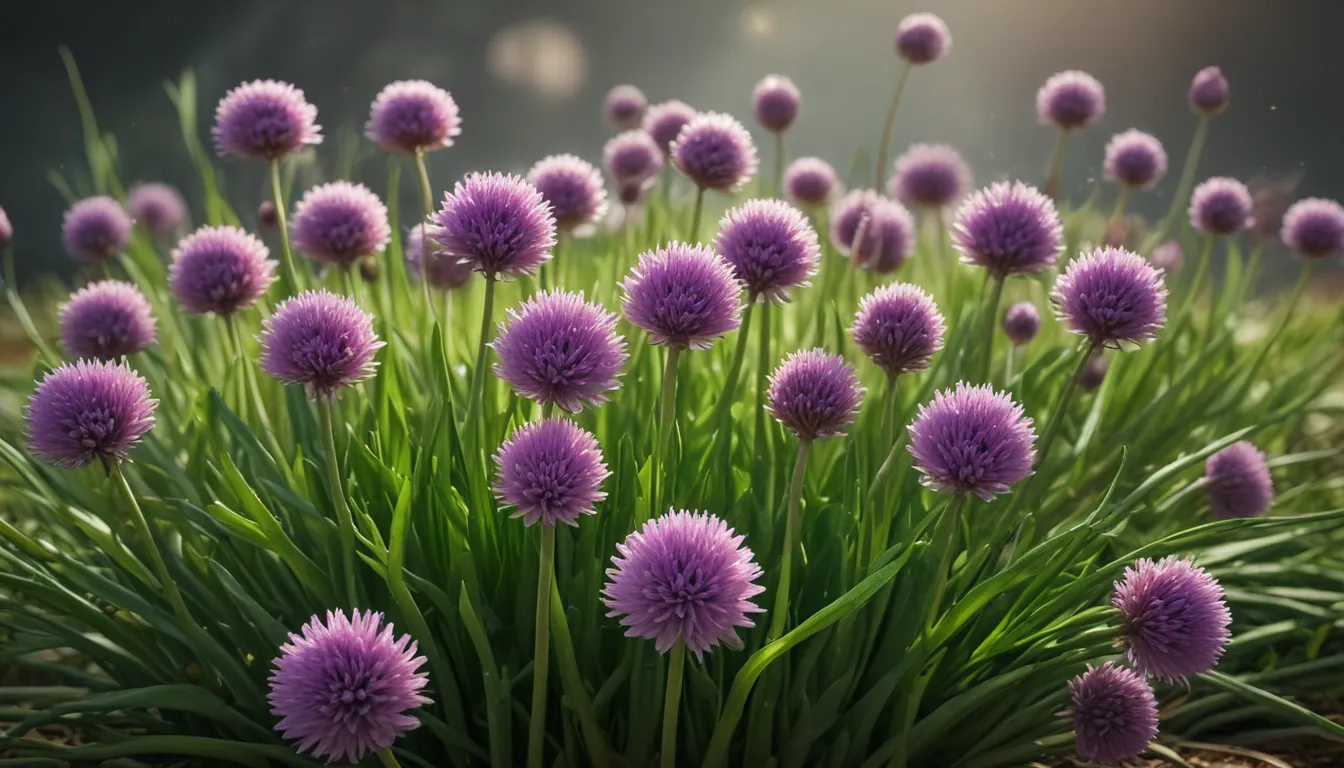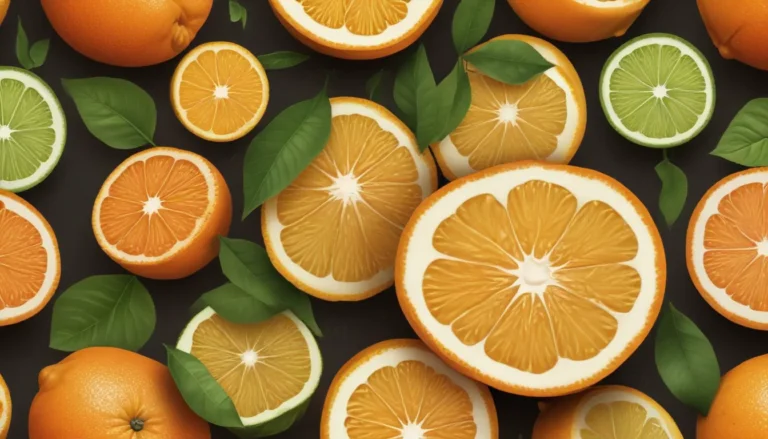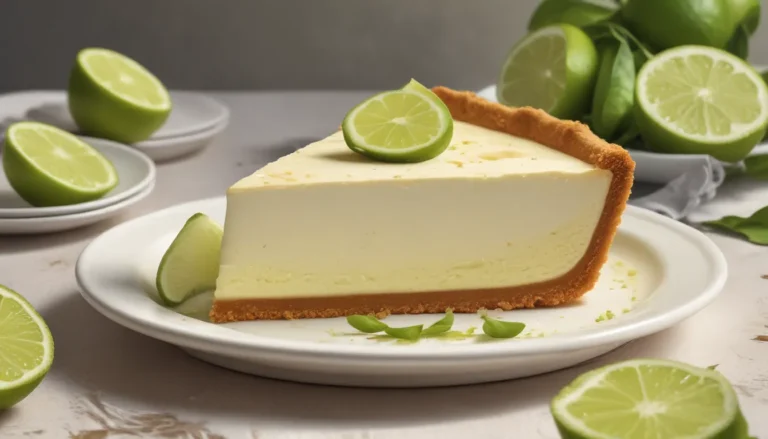The pictures in our articles might not always show exactly what the text is talking about. We use these images to make the article more interesting and eye-catching. They are there to add to the text, but not to replace it or show every detail.
Are you curious about the subtle yet distinctive flavor of chives? Do you want to learn more about this versatile herb and its rich history? In this article, we will delve into 15 fascinating facts about chives that will elevate your culinary knowledge and inspire you to incorporate this herb into your cooking routine. From their origins as part of the onion family to their nutritional benefits and culinary uses, chives have a lot to offer beyond their delicious taste. So, grab a cup of tea, sit back, and let's unravel the mysteries of chives together!
Discover the Allium Family: Chives and Their Relatives
- Chives, scientifically known as Allium schoenoprasum, belong to the onion family alongside garlic, shallots, and other flavorful herbs.
- These slender, green plants are prized for their mild and delicate flavor, which combines the best of both onions and garlic.
- Rich in essential vitamins like A, C, and K, as well as minerals such as calcium and iron, chives pack a nutritious punch in every bite.
- Surprisingly low in calories, chives are a guilt-free addition to any dish, adding flavor without compromising on health benefits.
Cultivating Chives: From Garden to Table
- Whether you have a green thumb or are new to gardening, chives are easy to grow both indoors and outdoors.
- Plant them in your garden or in pots on a sunny windowsill, and watch them thrive with minimal care.
- Chives are not just a pretty garnish for salads; they can be used in a wide variety of culinary dishes, from soups to omelets to sauces.
- Infuse chives in oils or vinegars to create flavorful dressings and marinades that will elevate your cooking to new heights.
Health Benefits of Chives: More Than Just Flavor
- Historically used in traditional medicine, chives are believed to aid digestion and promote cardiovascular health.
- The antioxidants found in chives help protect the body against free radicals and oxidative stress, supporting overall wellness.
- Chives are a natural pest repellent, making them a valuable addition to your garden as well as your kitchen.
- Easily preserved by freezing or drying, chives can be enjoyed year-round, adding a burst of freshness to your meals even when they are out of season.
Incorporating Chives Into Your Diet: Easy and Delicious
- From salads to soups to dips, chives can enhance the flavor of a wide range of dishes with their subtle yet aromatic taste.
- The edible chive flowers add a pop of color and flavor to your culinary creations, making them visually appealing as well as delicious.
- Whether you are a seasoned cook or a kitchen novice, chives are a versatile herb that can elevate any meal with their unique flavor profile.
Conclusion: Embrace the Magic of Chives in Your Cooking
Chives are not just a garnish; they are a culinary marvel that has stood the test of time. With their rich history, nutritional benefits, and versatile uses, chives deserve a place of honor in your kitchen. So, the next time you reach for fresh herbs at the grocery store or in your garden, don't forget to pick up a bunch of chives and explore the endless possibilities they offer. Let these 15 fascinating facts inspire you to unleash the full potential of chives in your cooking and discover the magic of this beloved herb.
FAQs: Your Chive Questions Answered
Q: How do I grow chives?
A: Chives are easy to grow in a sunny location with well-drained soil. Plant seeds or seedlings, water regularly, and watch them flourish.
Q: What are some culinary uses of chives?
A: Chives can be used in a wide variety of dishes, from soups to salads to sauces. They add a fresh and aromatic flavor to any meal.
Q: Are chives packed with nutrients?
A: Yes, chives are low in calories but high in essential nutrients like vitamins A, C, and K, as well as antioxidants.
Q: Can chives be used as a natural remedy?
A: Chives have antibacterial and antifungal properties and may help improve digestion and boost the immune system.
Q: Can chives be frozen?
A: Yes, chop chives into small pieces, freeze them on a baking sheet, then transfer them to a freezer-safe container for long-term storage.
As you embark on your culinary journey with chives, remember that these vibrant green herbs offer more than just flavor; they provide a window into a world of health and wellness. Incorporate chives into your cooking repertoire and experience the joy of creating delicious meals that nourish both body and soul. Let the magic of chives inspire you to explore new culinary horizons and savor the simple pleasures of cooking with fresh, flavorful ingredients.






